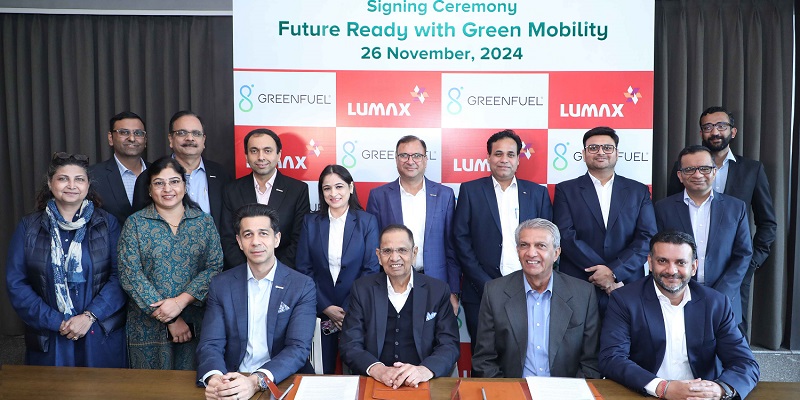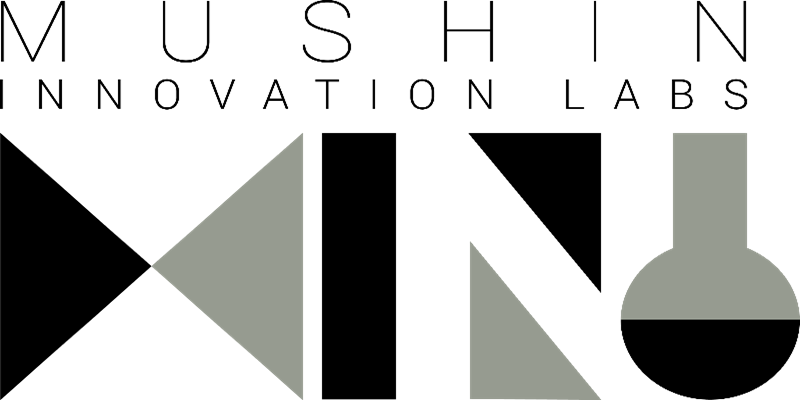Schedule a Call Back
"Rittal products go to every industry"
 Interviews
Interviews- Dec 02,14
- Ajay Bhargava, MD, Rittal India
Rittal India Pvt Ltd is a 100% subsidiary of Rittal GmbH & Co KG, Germany, a Friedhelm Loh Group company and one of the world's leading system suppliers for enclosures and related systems. Rittal entered the Indian market in 1995, and established one of its eleven global production plants in the country in 1997. Rittal also earlier this year opened its second training centre worldwide at Bangalore, underscoring the importance of India to its Asia-Pacific market. Mr Ajay Bhargava, Managing Director, Rittal India Pvt Ltd, spoke to Industrial Products Finder during Automation 2014 in Mumbai recently. Excerpts...

How does Rittal fit into Automation for industry?
Rittal is not merely an enclosures company but a made-to-measure solutions provider with innovative products from the areas of enclosures, power distribution, climate control, IT infrastructure and software and services, into one system platform. When it is a matter of safeguarding sensitive electronic equipment costing up to Rs 50 lakh or more per installation or machine, the damage could be quite high with the wrong choice of enclosures and power distribution and wiring systems.
As for automation, Rittal is ready for implementing Industry 4.0 in control systems and switchgear manufacturing by use of consistent data throughout all product development processes. Though as of today this is not much talked about in India, Industry 4.0 is a major topic in Germany and at Hannover Fair presently. At Rittal, this is achieved with complementary offerings from sister companies like Eplan, Cideon and Kiesling. Eplan Software & Service is a leading provider of engineering solutions for automation, measurement and control systems, and switchgear manufacturing. Cideon, the company acquired last year by the Friedhelm Loh Group, provides software-based M-CAD solutions for mechanical design and by integrating engineering systems with ERP and PDM/PLM solutions. Finally Kiesling develops CNC machining centres for enclosure components, NC devices for cutting cable ducts and support rails to length, solutions for the automated assembly of terminal blocks in component pre-assembly, and technologies for robot-assisted wiring on mounting plates, controlled directly from the Eplan engineering environment.
What are the manufacturing and other facilities in India?
We have a core plant in Bangalore converting metal into enclosures, basically manufacturing standard products, and 4 Modification Centres, as we call them, in Pune, Delhi, Ahmedabad and the most recent one in Kolkata, besides sales & service operations in 9 cities, and many channel partners and system integrators, thus effectively covering the entire country. The modification centres work for customising the standard products for end users as per their requirements.
What are the major markets for Rittal in India?
The good thing about Rittal is our products go into every industry. But we have five focus areas: Manufacturing - Oil and gas, power, instrumentation automation, cooling, etc Renewables - Wind energy and solar power both very strong, which is a large segment with focussed products and though there was slowdown in wind it is now on the way to recovery Telecom - Another large segment where we are engaged in a major way IT Datacentres - Again a very strong segment, and Automotive - We consider it apart from the manufacturing segment because of its continuous demand and developments - both automotive and ancillaries companies. Plus we also have infrastructure and many other segments, but these are the big five important areas. If I were to put my money, I would put it on these five sectors in India. What is the ratio of standard versus customised products for Rittal?
This is a very good question - at the moment it is 30:70, i.e., 30 per cent standard and the majority of the products being customised. This could be at times for reasons as simple as colour combination, or to alteration to a particular shape and size. On the other hand, in Germany and other developed markets, it is usually the reverse with the major share being taken by standard products. As the level of automation increases, the ration of standard products increases proportionately. Standard products of course are available off the shelf and also cost less - it is easy to supply catalogue products.
What is the level of localisation in Rittal products? Any R&D happening in India?
We are highly localised for our requirements to the level of 80% - sheet metal products are all localised as also some electronic components. Those components imported are mainly due to reasons of economies of scale as it does not make sense to manufacture everything at every location globally. While we do not have any significant R&D activity as that is taken care of in the global headquarters, we do a lot of customisation and have a 15-20 strong team of engineers busy with understanding customer requirements and adapting the products to suit their needs, like, as mentioned above, make changes and modifications in the standard range. But I would not term it as R&D; it is more application engineering.
Are you also responsible for the SAARC region?
Not really the entire SAARC, but some sales in Srilanka where we basically operate through system integrators - Indian companies, which are executing projects in that country. But India itself is a huge market where we are fully engaged and there is a lot more to do.
Any exports from India?
Yes we do export a lot of products to other markets globally. Roughly 10% of our turnover comes from exports. Rittal India is part of and an export hub for the Asia-Pacific market for certain products, whose quality is as good as that, for example, made in Germany.
India is a Partner Country at Hannover 2015. How do you see this development?
Under Prime Minister Narendra Modi this will result in a lot of positives for Indian industry. Already we are witnessing a lot of attention from German media focussed on Indian companies where they are trying to understand the scenario in terms of their requirements. However, while the prime minister is setting a fast pace, it remains to be seen whether his team and the bureaucracy marches in step with him.
Related Products
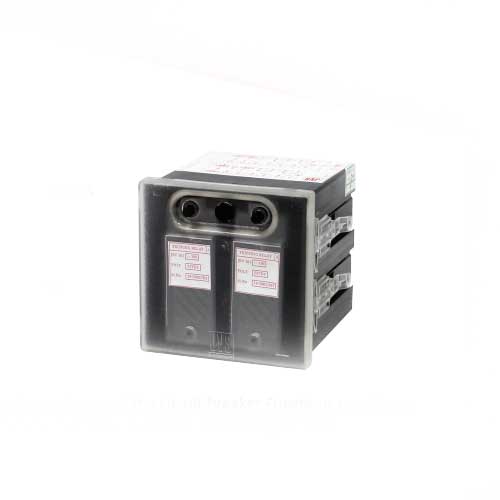
High Speed Tripping Relay Two Element Relay - Jrv 181x2
JVS Electronics Pvt Ltd offers a wide range of high speed Read more
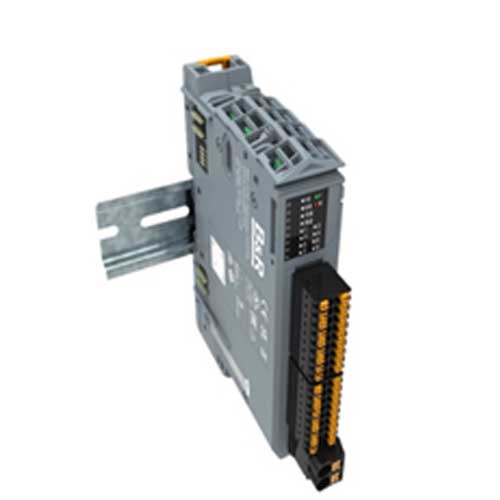
Plenty of Motion Possibilities in a Compact Housing
B&R Industrial Automation offers a wide range of plen Read more
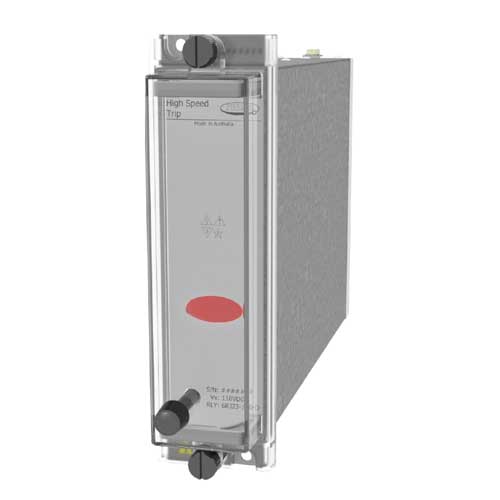
High Speeed Tripping Relay Three Element Relay
JVS Electronics Pvt Ltd offers a wide range of high speed tripping relay three element relay - JRV 181x3.





